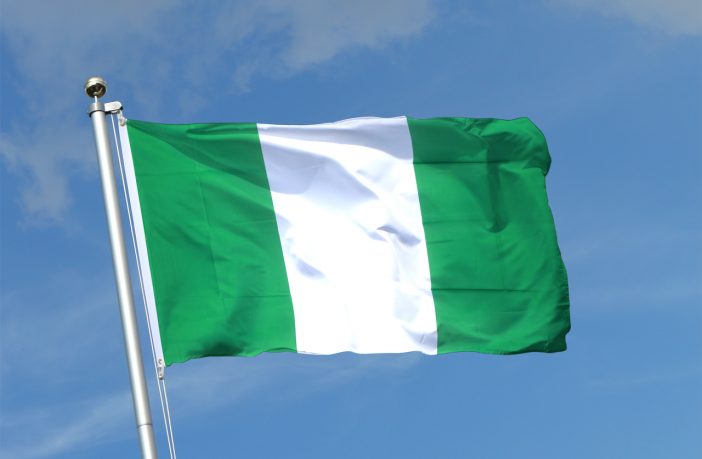- Renewable energy developer Konexa with funding from Climate Fund Managers has partnered with Kaduna Electric Distribution Company (KAEDCO), to co-develop a private renewable energy generation and distribution sub-franchise project in the Kaduna state, Nigeria.
A joint press release explained that the project will consist of the development and construction of a 2.5MW solar PV plant with the potential to include a storage component:
- Construction of eight solar mini-grids and associated distribution works;
- Roll out of solar home systems, deployment of smart metering infrastructure; and
- An integrated cutting edge information and operations technology platform, grid network upgrades, as well as securing energy supply from nearby existing renewable generation assets.
According to the press release, this integrated approach, requiring an investment of approximately $50 million, will enable Konexa to serve the entire range of customers in its sub-franchise area – from large commercial and industrial customers that currently cannot rely on KAEDCO due to supply reliability and quality issues, to small rural customers that are not viable to be reached by the grid.
The Nigerian energy sector is notable for its significant energy deficit which has hindered economic growth for many years. It is reported that at present, 80 million people lack access to grid electricity, with the national electrification rate at 47%. This is much worse in rural areas. Lack of access to grid power has resulted in around 55% of the population resorting to self-generation and has created a $15 billion off-grid market that is primarily fossil-fuel based.
Power sector reforms
The Federal Government of Nigeria launched a far-reaching set of power reforms in 2001 that led to the unbundling and subsequent privatisation of electricity and distribution companies in 2013. The primary objective was to create a competitive and efficient power sector led by the private sector and regulated by the Nigerian Electricity Regulatory Commission.
The eligible customer regulation ratified on 2017 states that customers with energy demand of more than 2MWh/h per month can directly buy power from a grid connected Genco at a mutually agreed price, which has since spurred growth in the Nigerian IPP market.
The project gives Climate Investor One (CI1) the opportunity to contribute towards Nigeria’s grid stability, accelerate the country’s sector reforms and demonstrate the private sub-franchise model. CI1’s all equity solution and technical expertise bridge development gaps and expedite project completion.
The media statement noted the successful implementation of Nigeria’s first integrated distribution model will pave the way for further opportunities like this not only in Nigeria, but across the region
Author: Babalwa Bungane
Babalwa Bungane is a content creator/editor for ESI Africa – Clarion Events Africa. Babalwa has been writing for the publication for five years. She has a great interest in social media due to its advantage of disseminating content.
This article was originally published on ESI Africa and is republished with permission with minor editorial changes.

















